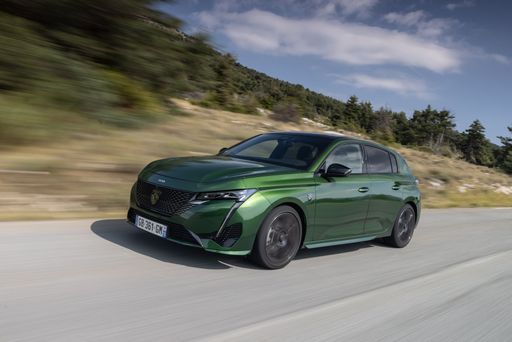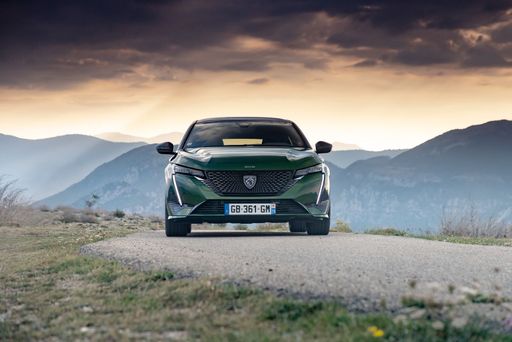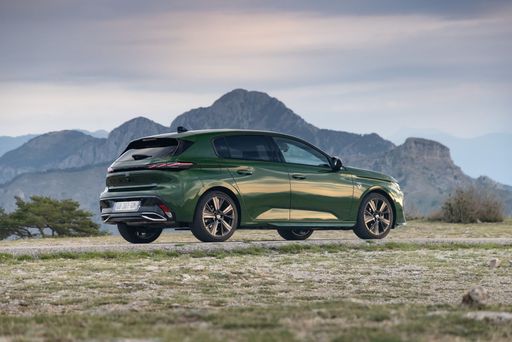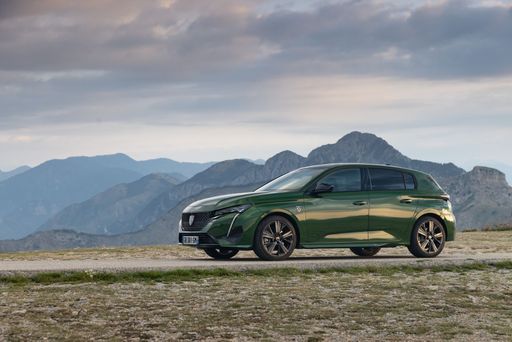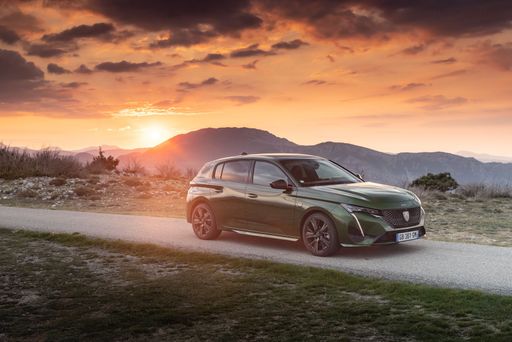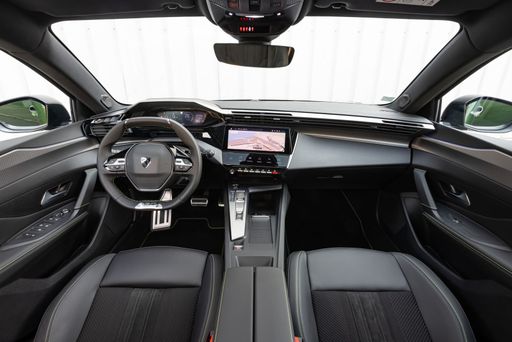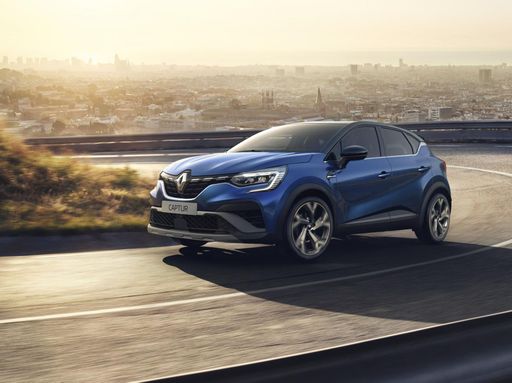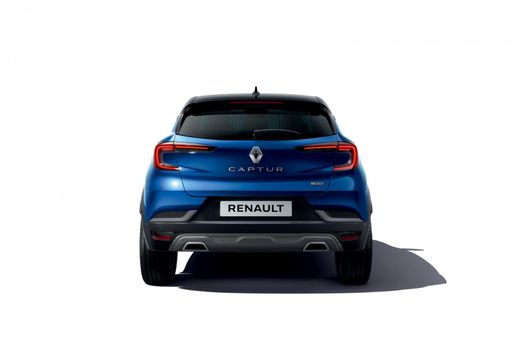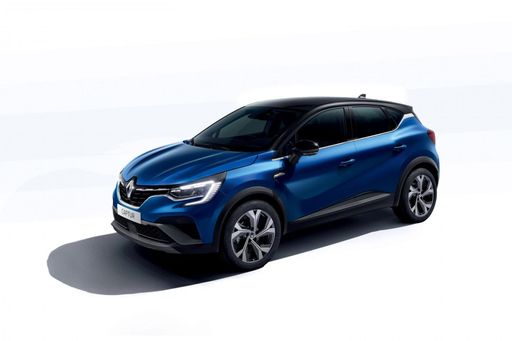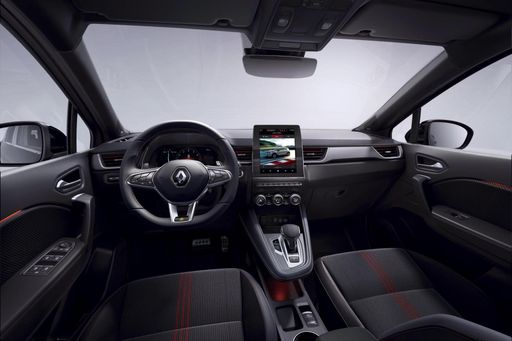Engine Options and Performance
The Peugeot 308 offers a variety of engine choices, including petrol, diesel, and hybrid options. Its lineup ranges from the efficient 130 HP petrol engine to a powerful 225 HP plug-in hybrid. This wide range allows drivers to select a model that best fits their driving style and fuel efficiency needs, with fuel consumption figures varying from 1.3 to 5.9 liters per 100 km (depending on the engine variant).
On the other hand, the Renault Captur provides a diverse range of powertrains as well, including full hybrids and LPG options. With outputs ranging from 91 HP to 158 HP, the Captur also represents a balance between performance and fuel efficiency, with consumption figures between 4.7 and 7.8 liters per 100 km.
When it comes to acceleration, the Peugeot 308 is quicker, with options that reach 0-100 km/h in as little as 7.5 seconds, compared to the Captur’s range of 8.5 to 14.3 seconds, depending on the variant.

